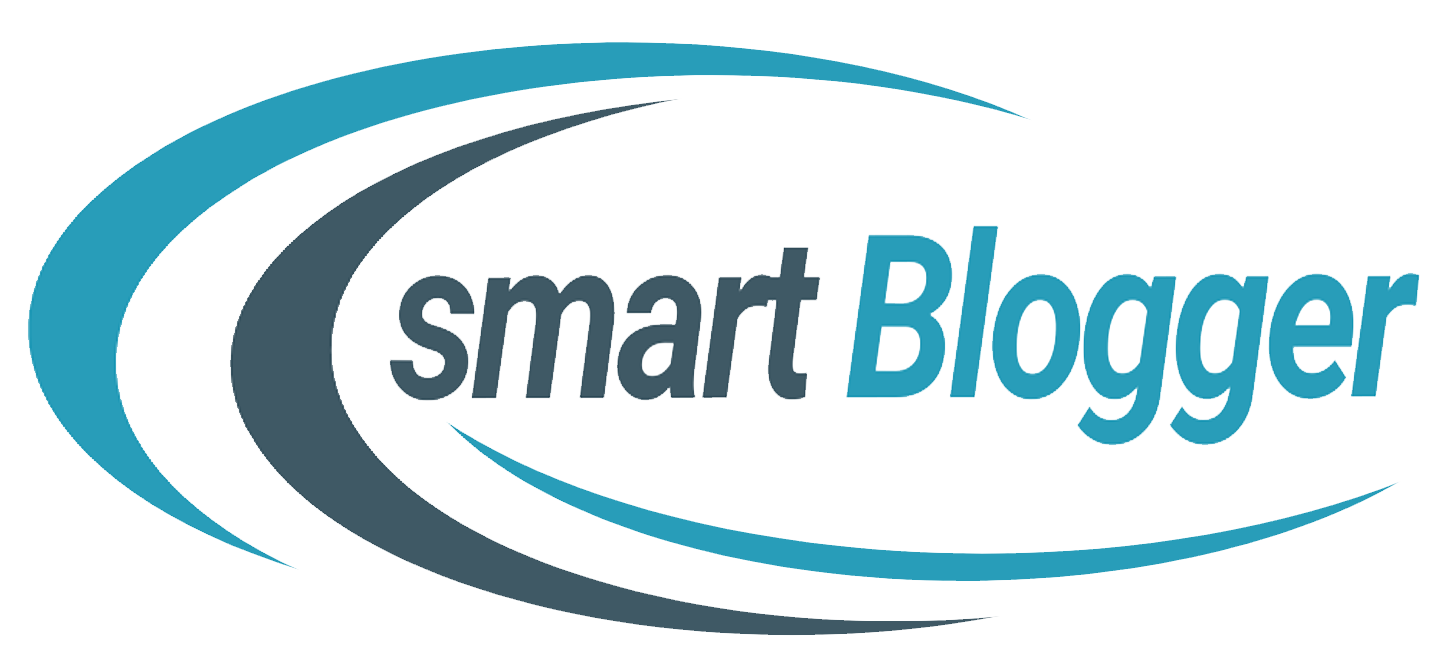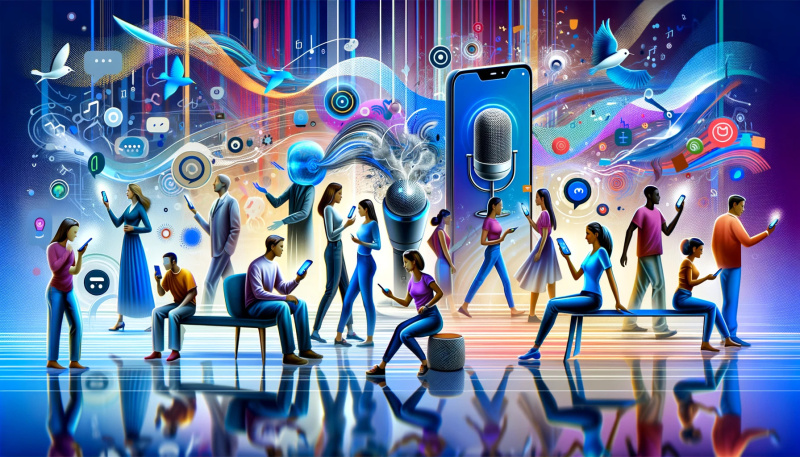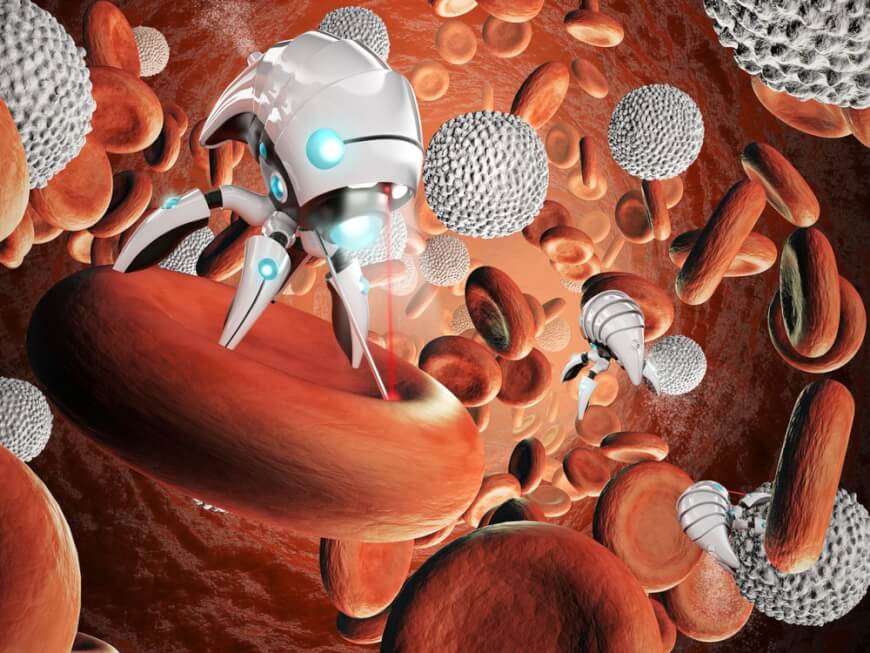Introduction to AI-Driven Drug Discovery
The world of medicine is on the brink of a transformation. As we stand at the intersection of technology and healthcare, AI-driven drug discovery emerges as a groundbreaking force. This innovative approach leverages artificial intelligence to streamline and enhance the process of developing new medications. With the potential to save lives, reduce costs, and revolutionize treatment options, it’s no wonder that industry leaders are eager to explore its possibilities.
Imagine a future where drugs are developed faster than ever before, tailored specifically for individual patients based on their unique genetic makeup. The old methods are being challenged by powerful algorithms capable of analyzing vast amounts of data in mere seconds. What does this mean for pharmaceutical research? Buckle up as we dive into how AI is changing the landscape and what it means for healthcare professionals and patients alike.
The Current State of Pharmaceutical Research
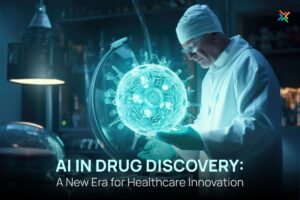 Pharmaceutical research is at a pivotal juncture. Traditional methods rely heavily on time-consuming laboratory experiments and extensive clinical trials. This process can span years, delaying potential breakthroughs.
Pharmaceutical research is at a pivotal juncture. Traditional methods rely heavily on time-consuming laboratory experiments and extensive clinical trials. This process can span years, delaying potential breakthroughs.
Despite these challenges, innovation persists in the field. Advances in genomics and molecular biology are providing deeper insights into disease mechanisms. Researchers increasingly harness data analytics to identify promising drug candidates more efficiently.
However, high costs remain a significant barrier to progress. The financial burden of developing new medications often leads companies to prioritize blockbuster drugs over treatments for rare diseases.
The push for personalized medicine also shapes this landscape. Tailoring therapies based on individual genetic profiles holds promise but complicates the development process further.
As we navigate this dynamic environment, there’s an urgent need for novel approaches that streamline discovery while ensuring safety and efficacy. The integration of AI technologies appears poised to transform pharmaceutical research dramatically.
How AI is Changing the Game
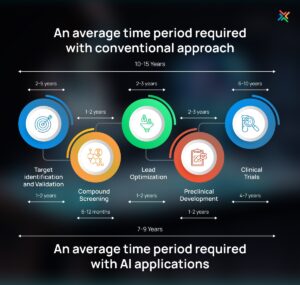 AI is transforming the landscape of drug discovery in remarkable ways. Traditional methods often involve lengthy trial-and-error processes that can take years. With AI, researchers can analyze vast datasets at unprecedented speeds.
AI is transforming the landscape of drug discovery in remarkable ways. Traditional methods often involve lengthy trial-and-error processes that can take years. With AI, researchers can analyze vast datasets at unprecedented speeds.
Machine learning algorithms sift through genomic data and chemical compounds to identify potential drug candidates quickly. This efficiency not only accelerates the pace of discovery but also enhances accuracy.
Predictive analytics plays a crucial role as well. By anticipating how different molecules will interact within biological systems, AI helps scientists focus their efforts on the most promising avenues.
Moreover, collaboration between human experts and intelligent algorithms fosters innovation. Researchers can leverage AI tools to gain insights they might not have discovered on their own.
The ability to model complex biological interactions opens up new possibilities for personalized medicine, targeting therapies based on individual genetic profiles rather than one-size-fits-all solutions.
Advantages of AI-Driven Drug Discovery
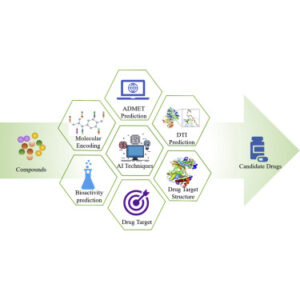 AI-driven drug discovery offers a plethora of advantages that are reshaping the pharmaceutical landscape. First, it accelerates the research process significantly. By analyzing vast datasets swiftly, AI can identify potential drug candidates much faster than traditional methods.
AI-driven drug discovery offers a plethora of advantages that are reshaping the pharmaceutical landscape. First, it accelerates the research process significantly. By analyzing vast datasets swiftly, AI can identify potential drug candidates much faster than traditional methods.
Furthermore, this technology enhances precision. Machine learning algorithms can predict molecular interactions with high accuracy, minimizing trial and error in lab settings. This leads to more effective compounds being brought to market quicker.
Cost efficiency is another critical benefit. Reducing the time spent on research translates into lower financial investments for companies. This allows smaller biotech firms access to innovative solutions without exorbitant budgets.
Moreover, AI opens doors for personalized medicine by tailoring treatments based on genetic information and individual patient needs. It paves the way for targeted therapies that promise better outcomes with fewer side effects.
The integration of AI fosters collaboration across disciplines, merging expertise from data science and pharmacology seamlessly.
Challenges and Limitations
AI-driven drug discovery holds immense promise, yet it faces notable challenges. One significant hurdle is the quality and quantity of data needed for effective AI algorithms. Incomplete or biased datasets can lead to inaccurate predictions, undermining trust in the technology.
Another limitation relates to regulatory frameworks. The pharmaceutical industry operates under stringent guidelines. Adjusting these regulations to accommodate AI solutions can be a slow process, potentially delaying innovations.
Moreover, integrating AI into existing workflows presents obstacles as well. Many researchers may resist adopting new technologies due to fear of obsolescence or unfamiliarity with machine learning tools.
Ethical concerns also arise when using AI in healthcare decisions. Ensuring transparency and accountability in AI-generated outcomes remains a crucial issue that requires careful consideration from all stakeholders involved in drug development.
Case Studies: Success Stories of AI-Driven Drug Discovery
One remarkable success story in AI-driven drug discovery involves Atomwise. This innovative company harnesses deep learning algorithms to predict how different molecules will interact with targets in the body. Their technology unveiled potential treatments for various diseases, including Ebola and multiple sclerosis.
Another compelling case is Insilico Medicine, which used AI to identify a new drug candidate for fibrosis within just 46 days. Traditional methods often take years, but AI accelerated the process significantly, showcasing its efficiency.
BenevolentAI also stands out by employing machine learning to analyze vast datasets. They successfully identified promising compounds for neurological disorders that traditional approaches overlooked.
These examples illustrate how AI is not merely an enhancement but a transformative force within pharmaceutical research. By streamlining processes and uncovering hidden insights, these companies are paving the way for future breakthroughs in healthcare solutions.
The Future of Healthcare and Pharmaceutical Industry with AI
The future of healthcare and the pharmaceutical industry is poised for a transformation driven by AI. Imagine personalized medicine tailored specifically to an individual’s genetic makeup. With AI, this vision is becoming attainable.
Drug discovery processes will accelerate significantly. Algorithms can analyze vast datasets in moments, identifying potential drug candidates that would take researchers years to discover manually.
Moreover, real-time data analysis will enhance patient outcomes. Wearable devices linked with AI systems could monitor health metrics continuously, enabling timely interventions before conditions escalate.
Collaboration between tech companies and pharmaceuticals is also on the rise. This partnership fosters innovation and drives forward-thinking solutions for complex medical challenges.
As regulatory frameworks evolve alongside these technologies, they’ll ensure safety while embracing advancements. The integration of AI in healthcare promises not only efficiency but also a more proactive approach to wellness worldwide, shifting focus from treatment to prevention.
Conclusion
AI-driven drug discovery represents a transformative shift in the healthcare landscape. Its ability to analyze vast datasets and identify potential therapeutic candidates is nothing short of groundbreaking. This technology not only accelerates the discovery process but also enhances precision, making treatments more effective.
As we look ahead, it’s clear that AI will play an increasingly pivotal role in pharmaceutical research. The advantages are compelling—reduced costs, shorter timelines, and improved patient outcomes are just the beginning. However, challenges remain that must be addressed to fully harness this potential.
The ongoing success stories from various case studies serve as testaments to what is possible with AI integration in drug development. As both industries evolve together, the future of healthcare shines bright with promise and innovation on the horizon.
This evolution carries immense implications for patients globally; faster access to life-saving drugs could soon become a reality rather than a distant hope. Therefore, embracing AI-driven methodologies may very well define the next era in healthcare advancements and pharmaceutical breakthroughs.
